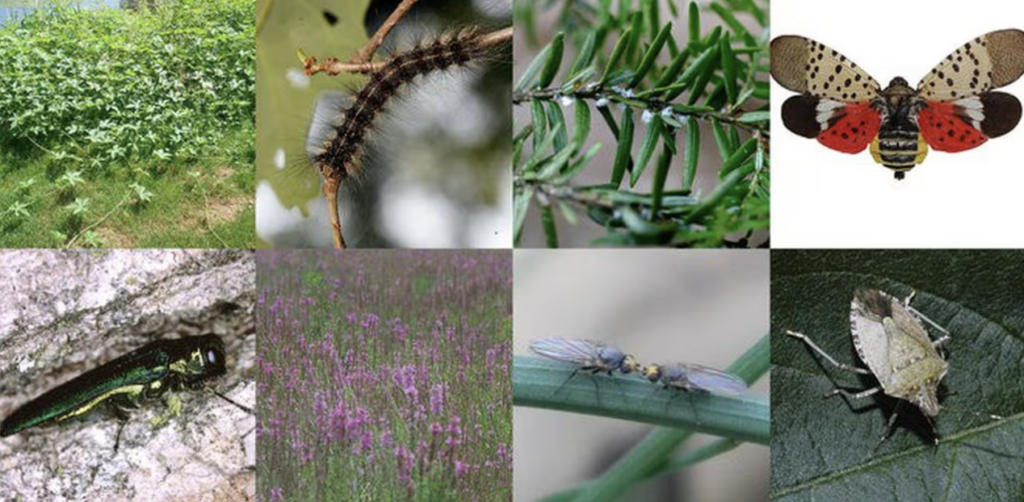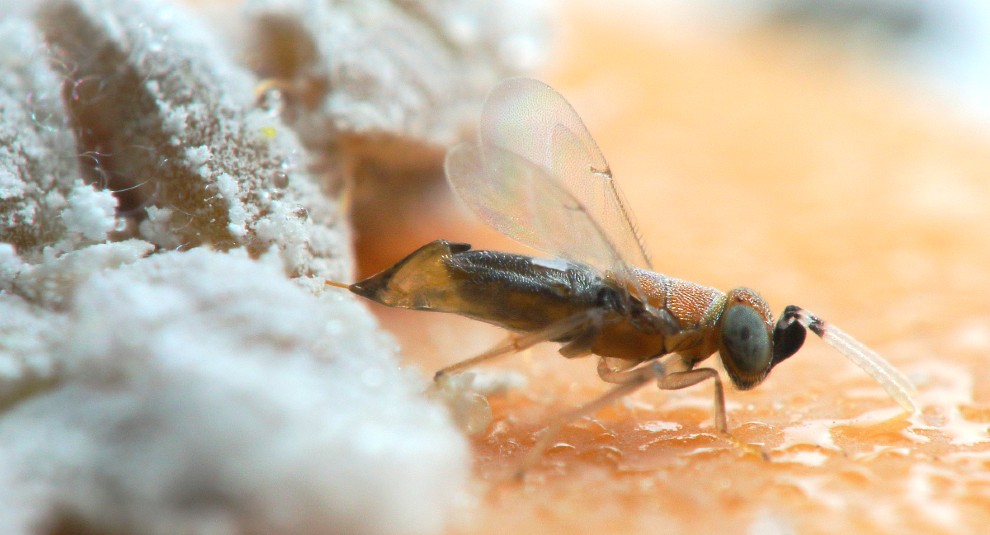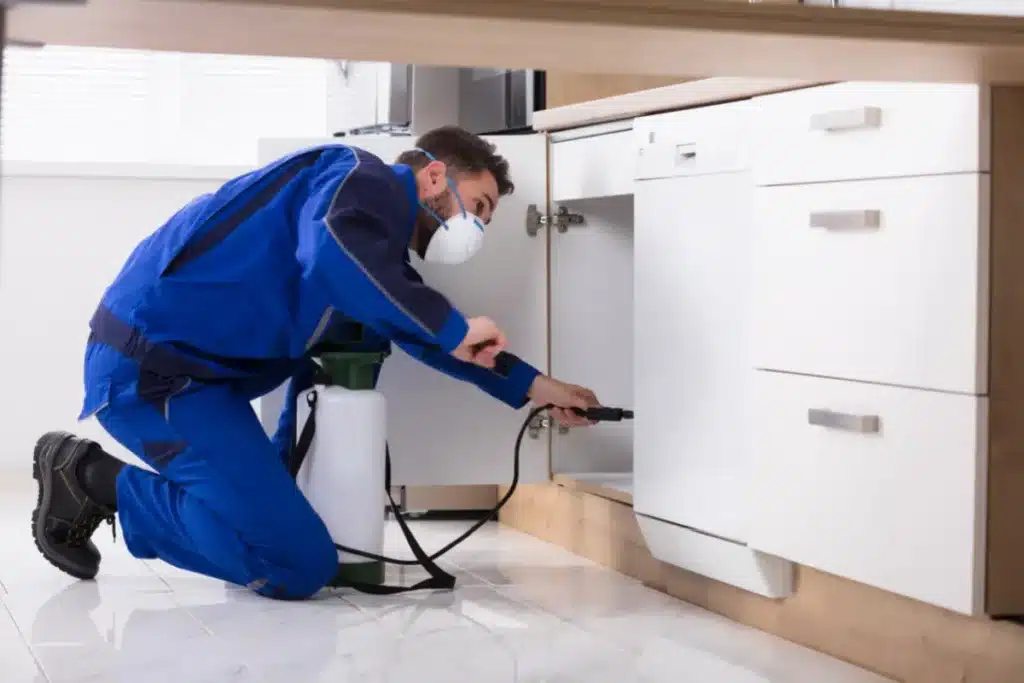Homeowners increasingly face the escalating threat of invasive species, which jeopardize our living spaces’ tranquility and well-being. Ranging from insects to rodents, plants to fungi – these unwelcome pests penetrate homes, disrupting the ecosystem’s delicate balance.
To safeguard our homes effectively: understanding invasive species dynamics; implementing robust pest control measures–these are imperatives.
The Impact of Invasive Species on Home Environments
The delicate ecosystem within and around our homes often falls victim to the havoc invasive species can sow. Aggressive ants, for instance, displace native species; destructive termites compromise structural integrity; or invasive plants choke out local flora – all potentially far-reaching consequences.

Homeowners must acknowledge these possible risks: they must take a proactive stance in preventing the establishment of such invaders.
Early Detection
When grappling with invasive species, paramount importance lies in early detection: it is the key to effective management. Conduct regular inspections of your property; these should encompass both indoor and outdoor spaces – a proactive measure that aids in identifying signs of infestation before they escalate into significant issues.
Integrated Pest Management
A comprehensive strategy, Integrated Pest Management (IPM), unifies various techniques to manage and prevent pest infestations. This approach encompasses the identification of a pest; comprehension of its biology and behavior; implementation of cultural, mechanical, biological – as well as chemical control methods. Adopting an IPM approach empowers homeowners to tackle invasive species issues with minimal environmental impact.

Smart Landscaping Choices for Pest Prevention
In deterring invasive species, landscaping wields significant influence: choose native plants for your garden. These flora boast superior adaptation to the local environment and exhibit less susceptibility towards invasive pests; thus–a strategic choice indeed.
Further deliberation merits consideration of creating physical barriers like mulch or gravel; these serve as effective preventatives against the encroachment and spread of invasive plant species–a proactive measure that cannot be overstated.
Environmental Responsibility in Pest Control
In the fight against invasive species, selecting environmentally responsible pest control methods proves crucial. Indiscriminate use of chemical pesticides must be sidestepped to prevent harm to beneficial insects, birds and other wildlife. Opt for targeted treatments instead: these focus specifically on addressing identified pests without inflicting collateral damage on the ecosystem.
Education and Awareness: Empowering Homeowners
Staying informed about potential regional threats and understanding the life cycles of common invasive pests empowers you to take proactive measures in the fight against these species; indeed, education is a powerful tool.
Valuable reservoirs of information for homeowners seeking knowledge on invasive species include: local agricultural extension offices, environmental organizations–both critical allies–and online resources that cater specifically to this issue.
Collaboration with Pest Control Professionals
Many pest control tasks benefit from effective DIY approaches, but invasive species might demand the expertise of professional pest control services. By establishing a relationship with an esteemed company specializing in this field, you guarantee access to advanced technologies and specialized knowledge along with safe and efficient treatments for combating these troublesome pests.

Community Engagement for a Pest-Free Neighborhood
Invasive species acknowledge no boundaries: the actions of a single homeowner can indeed impact–profoundly so–the entire community. Thus, it becomes imperative to rally your neighbors; advocate for responsible pest control practices and foster an unyielding front against these invasive menaces.
Engage in collaborative efforts such as community clean-up initiatives; share pertinent information with one another, and collectively strive towards the upkeep of a neighborhood free from pests.
Regulatory Compliance and Responsible Disposal
Adhere to local regulations and guidelines in your use of pest control products for responsible, legal practices. Dispose waste—such as pesticide containers—accordingly; this action not only promotes the ecosystem’s overall health but also aids you in effectively managing invasive species.
To conclude, a multifaceted and proactive approach is necessary for homeowners to protect their homes from invasive species: understanding the impact of these pests; employing early detection methods–adopting integrated pest management strategies should be part of this plan.
By collaborating with professionals and neighbors, they can establish a resilient defense against invasive species–an action that not only safeguards their own abodes but also bolsters environmental wellness on a broader scale.

David Johnson is a versatile content writer known for his ability to breathe life into words and create engaging narratives on diverse subjects. With a passion for effective storytelling and a keen eye for detail, David crafts content that resonates with readers and sparks their curiosity. He is dedicated to delivering high-quality, informative, and enjoyable content, making him a respected voice in the digital landscape. Beyond the keyboard, David enjoys exploring the outdoors, immersing himself in literature, and finding inspiration in everyday experiences.






Loading…